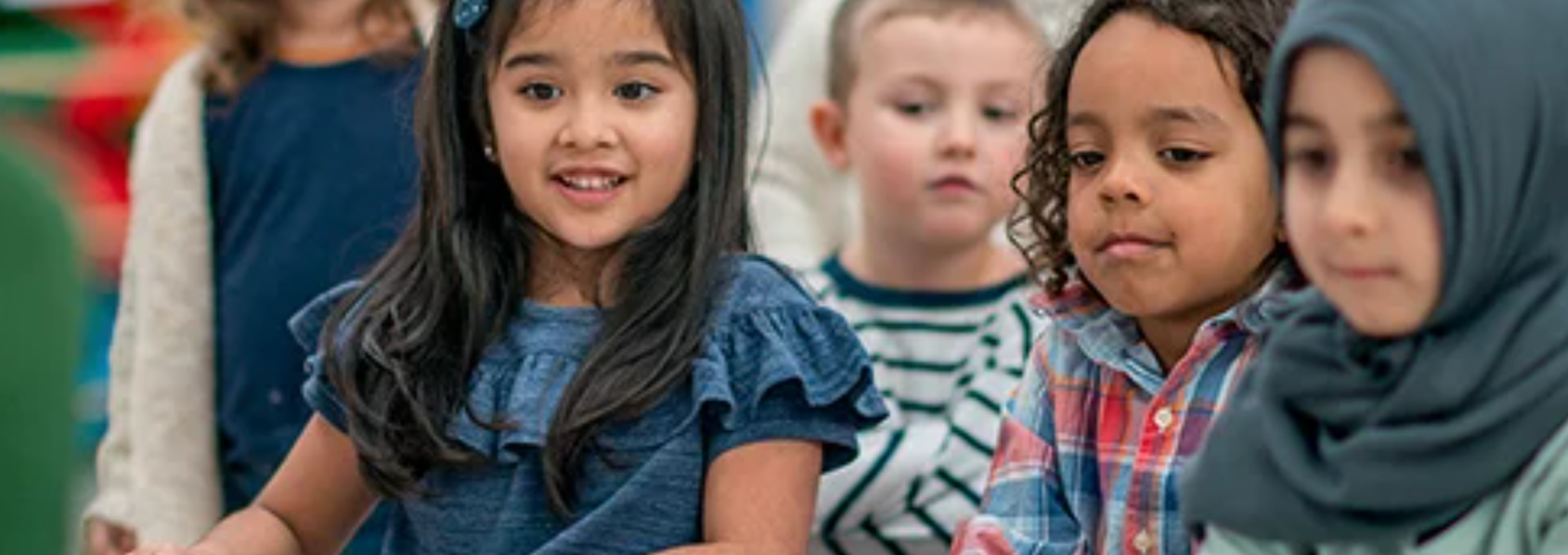Strategies to Support Collaboration between Schools, Communities, Children, and Families from Linguistically Diverse Backgrounds
Schools and communities can employ a variety of strategies to welcome families from diverse linguistic backgrounds, ensuring that they feel included, respected, and supported.

- Hire bilingual or multilingual staff who can communicate directly with families in their home languages.
- Provide translation and interpretation services for meetings, documents, and communications. This includes translating enrollment forms, newsletters, and other important information. Take note that this is a requirement in public schools.
- Use signs and labels in multiple languages throughout the school or community center to create an inclusive environment.
- Offer professional development for staff on cultural competence and the importance of respecting and valuing linguistic diversity.
- Incorporate books, games, and educational materials that reflect the diverse languages and cultures of the families in the community.
- Recognize and celebrate cultural holidays and events from various backgrounds, involving families in planning and participation.
- Establish open lines of communication with families, encouraging them to share their cultural practices and language preferences.
- Host family nights, potlucks, and cultural events where families can share their traditions and languages with the center’s community.
- Form parent committees or councils that include representation from diverse linguistic backgrounds to ensure their voices are heard in decision-making processes.
- Implement dual language or bilingual education programs that support the development of both English and the home language.
- Provide resources and activities that encourage language development in both English and the home language, such as bilingual storytime or language learning apps.
- Encourage families to continue speaking their home language at home, reinforcing the benefits of bilingualism for cognitive and academic development.
- Partner with local community organizations, cultural centers, and language services to provide additional support and resources for families.
Media Attributions
- Linguistic Diversity (1) is licensed under a CC BY (Attribution) license

